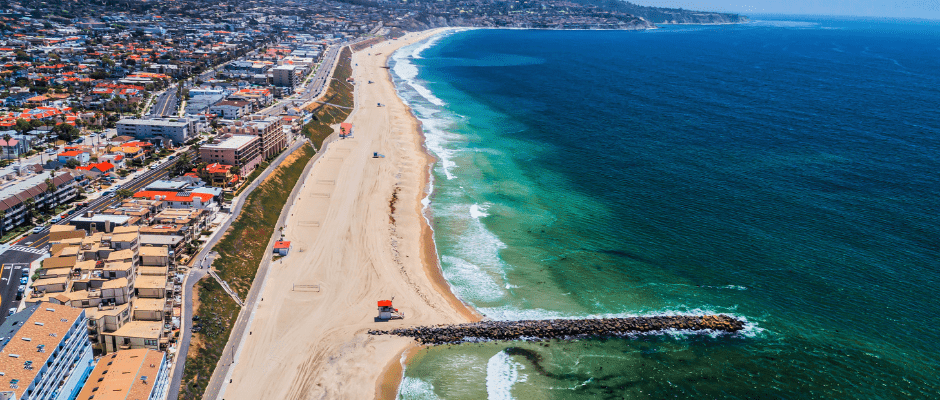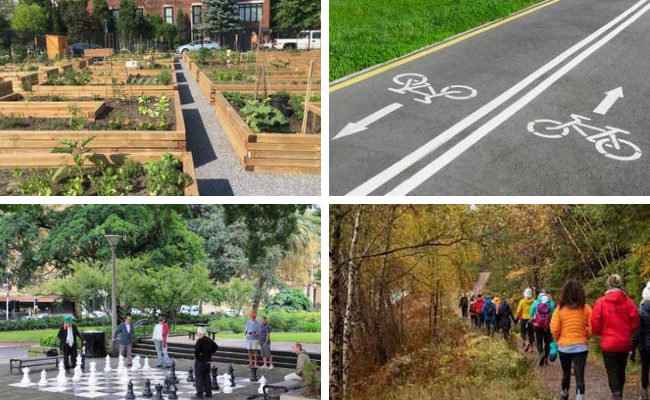Current Community Projects
Brain health in faith-based communities
National coaching model research project
We take pride in partnering with communities to develop the capacity to take care of their own health by co-creating programs that are sustainable, long-lasting, and integrated into the community ensuring their success even after we have physically left the community.
We achieve this by training community coaches and chefs who will guide others in the community on how to attain brain health by marshalling the resources of the community taking their unique characteristics and resources into consideration.
But the coaches / facilitators / leaders will do so much more than coaching! They will help lead the community in attaining resources and training other trainers thus creating a perpetual and ever growing fountain of health knowledge and capacity building! We encourage you and your friends to take the lead in this endeavor for your community.
Let’s partner to build a mind healthy community! Learn more →
Women’s health empowerment program
Over the last few decades one fact that has dominated the world of public health is that if you want your health project to succeed invest in the women of the community.
In fact, it has been shown that a dollar spent on women in the community is four times more effective than any other investment in the community. To that end we are investing in community based women led research and public health leadership programs through out the country and the world.
We are also focusing on how to use healthcare as a means of empowering women in communities where they lack power and resources.Let’s partner to build a mind healthy community! Learn more →

Building local community-based projects
By translating what we know through research into actionable processes it’s possible to establish a public health approach at both micro and macro levels.
Our focus is on individuals and communities. We recognize the challenges in creating behavior change, especially in lower socioeconomic, high risk communities with reduced opportunities for healthy foods, exercise, and positive socialization and increased stressors.
Through a grassroots approach, integrating community leaders and neighborhood liaisons/influencers, technologically based resources including fun incentives, and public policy initiatives to drive improved access, we plan to offer access to MIND Health based improvements for all residents.
HMI will introduce a Community Based Participatory Research (CBPR) process for reaching, engaging, and fostering scalable and researchable behavioral shifts within people through their communities.
Through a tiered approach via identified groups in self-selected communities, HMI will:
- outreach via community groups
- churches
- community centers
- clubs and associations
- establish relationships with influencers
- politicians
- elders and thought leaders
- community celebrities
HMI will also utilize technology to target and access communities digitally, with the purpose of building relationships with:
- individuals (grouped by demographics, interests, or hobbies)
- social media (Facebook, Twitter, Instagram, etc)
- groups formed around specific topics like Alzheimer’s
- online clubs and associations
- forums and digital communities
HMI will work directly with each community through their invested leadership to identify specific needs, determine areas of scarcity vs. current positive resources, and establish community outcomes and determinants of impact.
HMI will lead the research/ interventions based on each community’s pain points. Data secured through this research is shared with interested researchers globally.
At the core of HMI’s ability for data sharing is a web platform currently being built that will allow easy and secure, HIPPA compliant, data sharing that is not only fast but borderless.
This site will also provide communities with their own webpage link, allowing community members to access community specific information, resources, timely research, and two-way communication between community leadership and participants.
Also integrated into the process and research is the use of marketing and social media technology to increase awareness of and drive engagement in traditional, in-person events and workshops.
Through a fun, gamified approach, we will encourage increases in self-identified needs such as vegetable intake, exercise, mindfulness and meditation activities, sleep modification, and increased socialization.
HMI will initiate new research and access data from which new potential protocols can be developed and shared by scaling our communities and opening HMI chapters over time.
New HMI chapters will be prioritized based on interested parties completing orientation and training on the Mind Health protocol and having sufficient experience within health and wellness fields.
Once the process is in place and initial outcomes are achieved, HMI anticipates communities will be positioned to take over and allow HMI staff to provide periodic coaching rather than a more hands-on leadership role in project implementation and data collection.
We will conduct both summative and formative evaluations. Success will be determined by outcome metrics as defined by communities and focused on greater awareness and end stage (disease) measures. HMI’s researchers will conduct these analyses, as well as share the results among all HMI partners.
Our Impact:
previous community-based projects
Beach Cities Health District district-wide research project

For three years, we worked with the Beach Cities Health District to develop a community-based brain health intervention research project.
We were able to recruit over 70 individuals who were involved in a weekly intervention program that included cooking sessions, didactics, and weekly Q&As.
This programme was incredibly popular, and resulted in us educating and training a significant number of participants to not only better their own health, but also the health of others around them.
The programme now continues as an intervention program through the district.
Sedona coaching project
We worked with a team of lifestyle specialists in Sedona to recruit coaches who, in turn, recruited up to 15 trainees who wanted to improve their brain health.
They were trained through the MIND Health protocol and then empowered to bring transformative change into their own and their community’s health.
Through the journey we were also able to collect data on lifestyle and brain capacity.
The programme has been a unique model that provided us with tremendous lessons that can now be translated to other communities.

Marshaling Resources
One of the most important tasks for our team is to help communities marshal resources for brain-healthy living.
Though education and coaching are extremely important in helping individuals and communities achieve optimal brain health, without resources such as computers, exercise equipment, community gardens, accessible walking and biking opportunities, opportunities for meditation, and other such support, the chance of creating community-wide brain health is nominal.
HMI will work with communities to discover often-overlooked opportunities located right within their areas that can offer the support needed to achieve their brain health goals.

